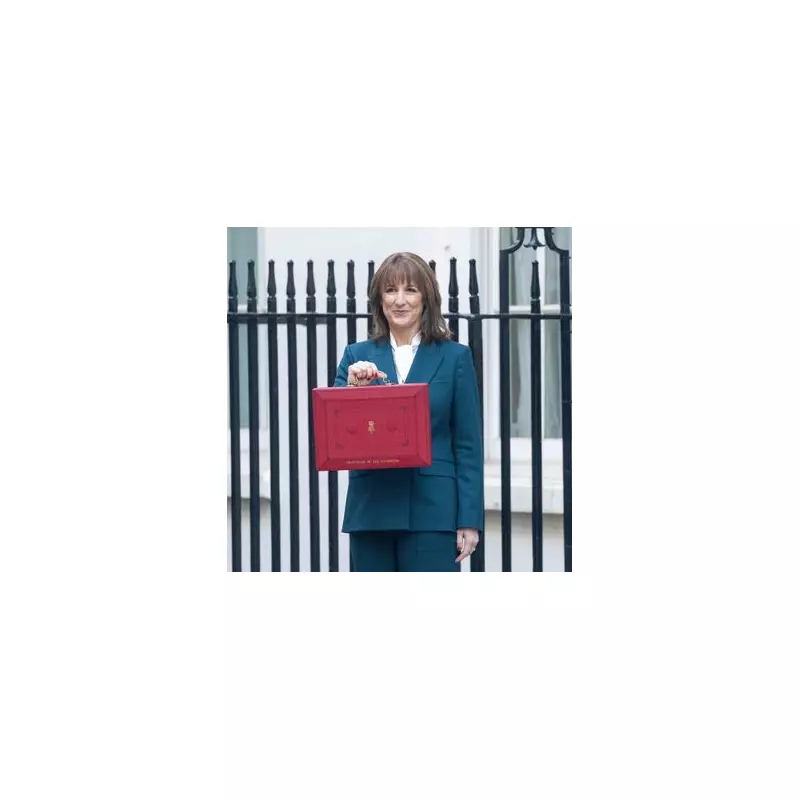
The Institute for Fiscal Studies has delivered a sobering assessment of Chancellor Rachel Reeves' first Budget, warning households face a "truly dismal" period for disposable income growth while acknowledging positive steps on child poverty reduction.
A Grim Outlook for Household Finances
According to the highly respected economic think tank, average disposable incomes are projected to grow by just 0.5% per year throughout this parliament. This represents a dramatic slowdown compared to historical norms.
"This is truly dismal, especially when compared to the more than 2% per year we achieved across every parliament from the mid-1980s to mid-2000s," stated Helen Miller, director at the Institute for Fiscal Studies. The analysis suggests that after accounting for taxes, British families will see minimal improvement in their spending power in the coming years.
Budget Breakdown: Bright Spots and Warning Signs
The IFS characterised the Budget as "underwhelming" while identifying several positive elements. The organisation praised the government's decision to lift the two-child limit on welfare payments, describing it as a "cost-efficient means" to reduce child poverty.
Other measures receiving approval included plans to build a £22 billion fiscal buffer to withstand future economic shocks, a potential £7 billion scheme to tax electric vehicles, and clearer funding arrangements for special educational needs and disabilities (SEND).
However, the think tank expressed significant concerns about the government's spending strategy. The Budget relies on front-loaded spending followed by larger tax increases later in the parliamentary term, with Ms Miller describing the plans as "predicated on spending plans that would involve near-heroic restraint in an election year."
Breach of Manifesto Pledge and Regional Impacts
The IFS directly challenged Labour's decision to extend the income tax threshold freeze for another three years until 2031, arguing this constitutes a breach of the party's manifesto commitments. This freeze will drag more people into higher tax brackets and forms a central part of Labour's strategy to address public finance shortfalls.
Prime Minister Sir Keir Starmer defended the government's position, telling Sky News: "We kept our manifesto in terms of what we promised but I accept the challenge that we've asked everyone to contribute."
The analysis also revealed stark regional disparities in the impact of new taxes. Nearly 70% of households affected by the new 'mansion tax' on properties valued over £2 million will be located in London and the South East, with almost a quarter concentrated in just three London boroughs: Kensington and Chelsea, Westminster, and Camden.
Furthermore, the IFS questioned the longevity of energy bill reductions announced in the Budget. While the government claimed savings of £150 per household, the Institute suggested the actual figure would be closer to £131 on average, dropping to just £39 from 2029/30.
The verdict confirms this will be the largest tax-raising parliament on record, with the IFS repeating its longstanding criticism that successive governments have failed to implement comprehensive tax system reform, instead relying on "sticking plaster solutions that treat the symptoms rather than the underlying cause."





